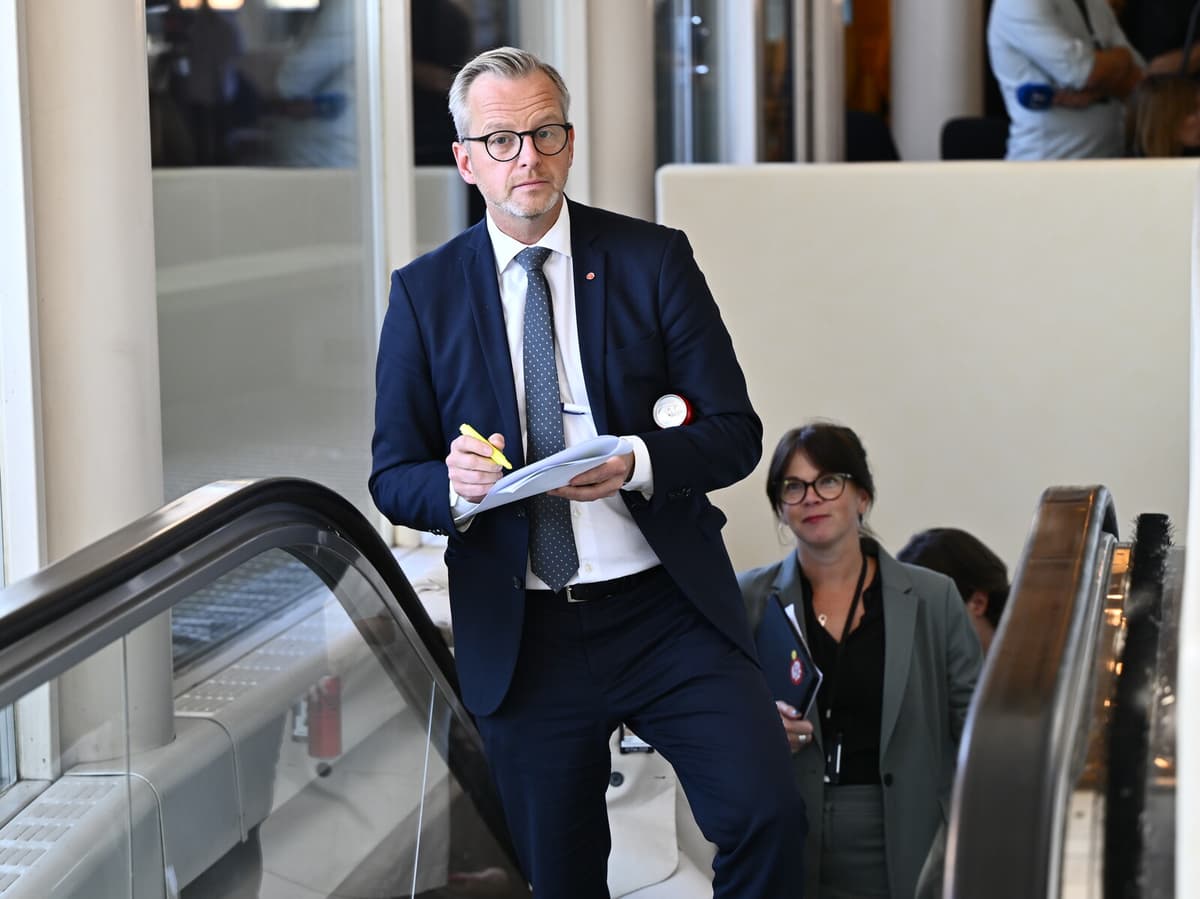Mikael Damberg accuses the government of wanting to "indebt the Swedish people to lower taxes the most for the very richest".
It's a big budget that benefits very few Swedes, says Damberg in the parliamentary debate.
Primarily, it's the budget's distribution profile that the Social Democrats criticize. The money is not being allocated where it has the most effect.
The most effective thing is to invest in welfare and in families who are struggling, then new jobs are created and the state receives tax revenues. The least effective is tax cuts, especially if they go to high-income earners, since they put the money aside instead of consuming, says Damberg.
The Minister of Finance does not agree with Damberg, but says that the tax cuts are part of the government's focus on growth.
High marginal taxes are harmful and hinder growth, and thereby future welfare, says Elisabeth Svantesson.
It's only a growing economy that can carry future welfare and pay for future defense and law enforcement.
"Number juggling"
The Green Party is also critical of tax cuts for high-income earners, but also of the climate policy. Janine Alm Ericson, economic policy spokesperson, calls the government's climate report a "party in number juggling and misleading claims".
The government has increased climate emissions during a recession – it's an economic and climate-related failure of historic proportions, she says.
According to the Left Party's economic policy spokesperson Ida Gabrielsson, it's a budget that "targets the upper class".
The party would have instead wanted to see more money allocated to healthcare.
There's a shortage of ten billion kronor just to maintain the anorexic healthcare that remains after the draconian cuts that took place last year, says Gabrielsson.
Elisabeth Svantesson points out, however, that the cost situation looks different for municipalities now, including lower pension debt.
Turning a blind eye to unemployment
Martin Ådahl, economic policy spokesperson for the Center Party, is not against tax cuts in themselves, but thinks that the government's budget turns a blind eye to a number of problems. He mentions unemployment, the climate, and schools.
This government is investing more in fossil fuels than in schools, he says.
To get the labor market moving, the Center Party would have wanted to see more investments in businesses, according to Ådahl.






